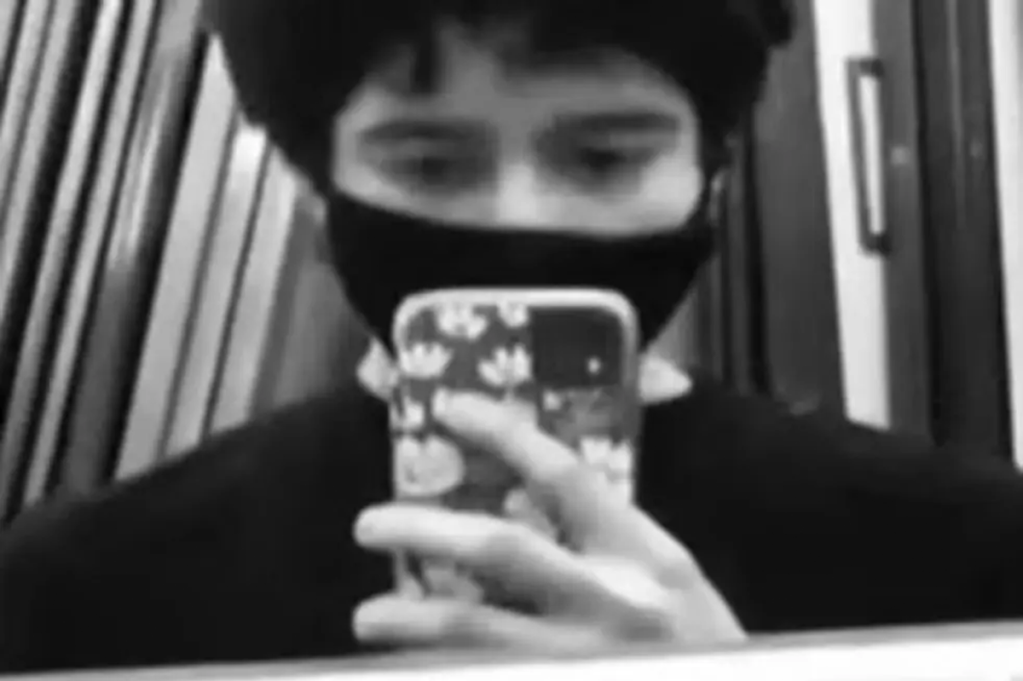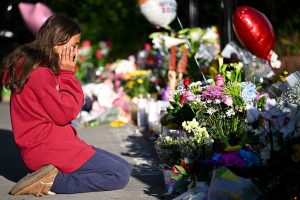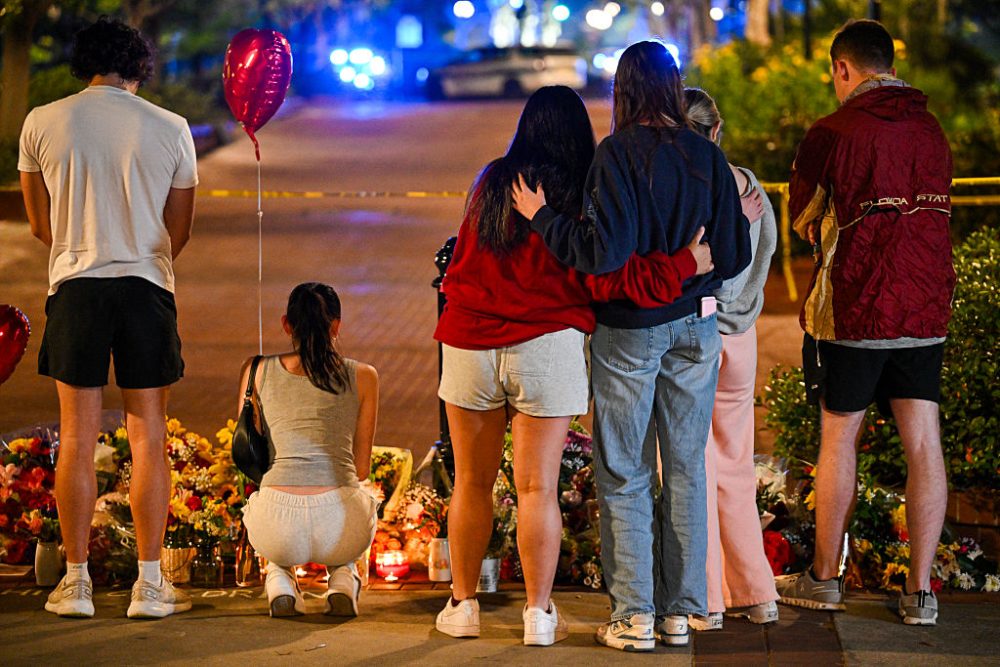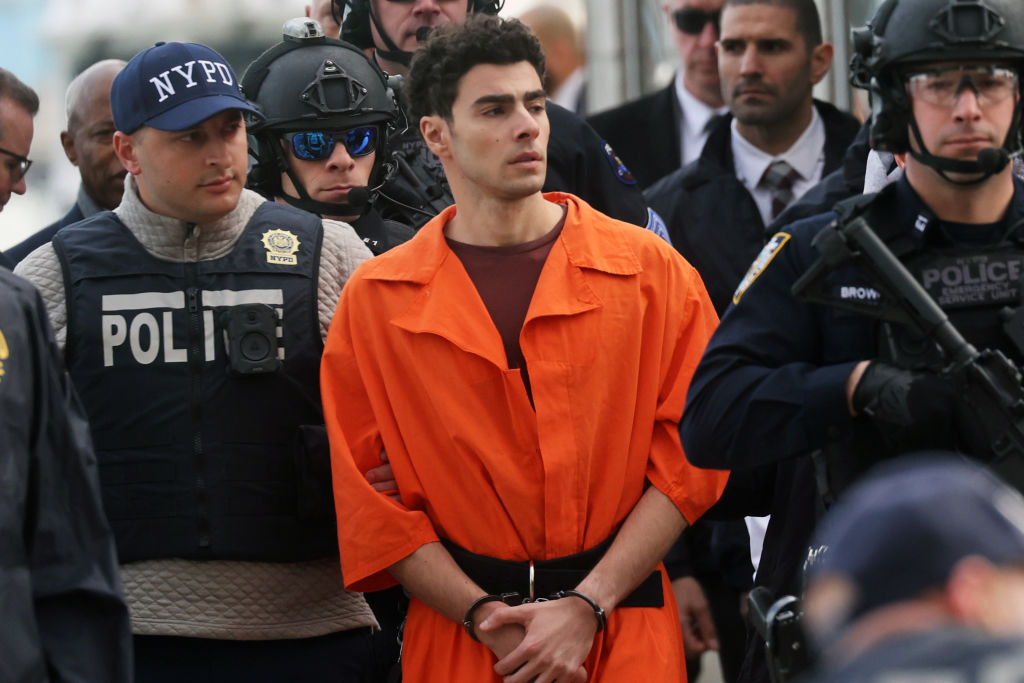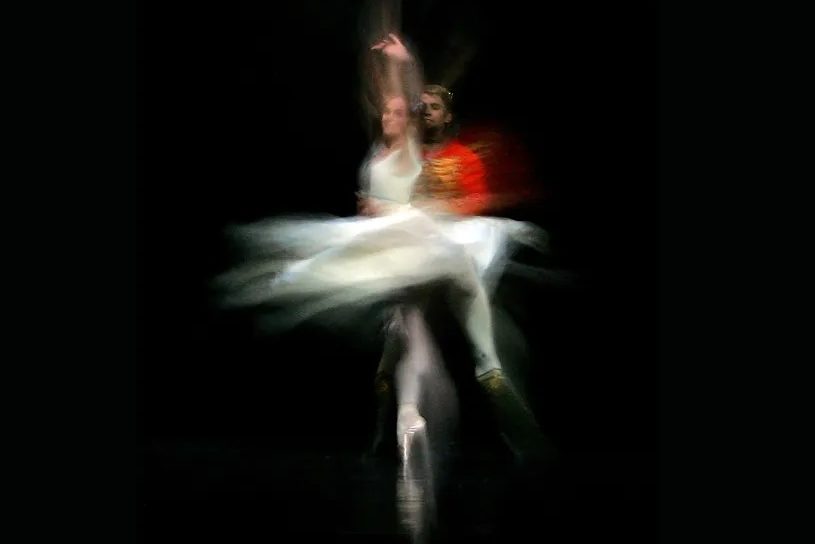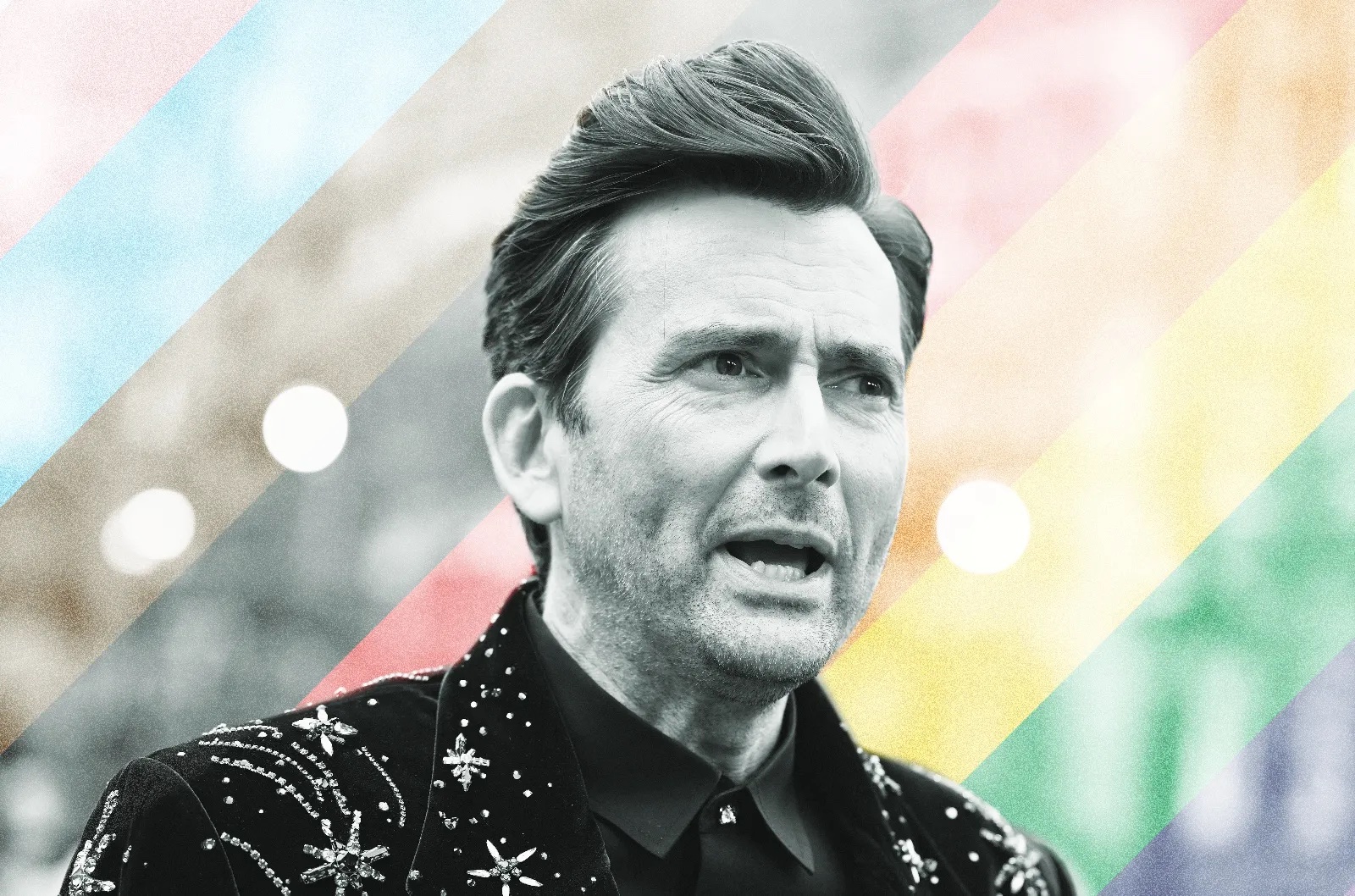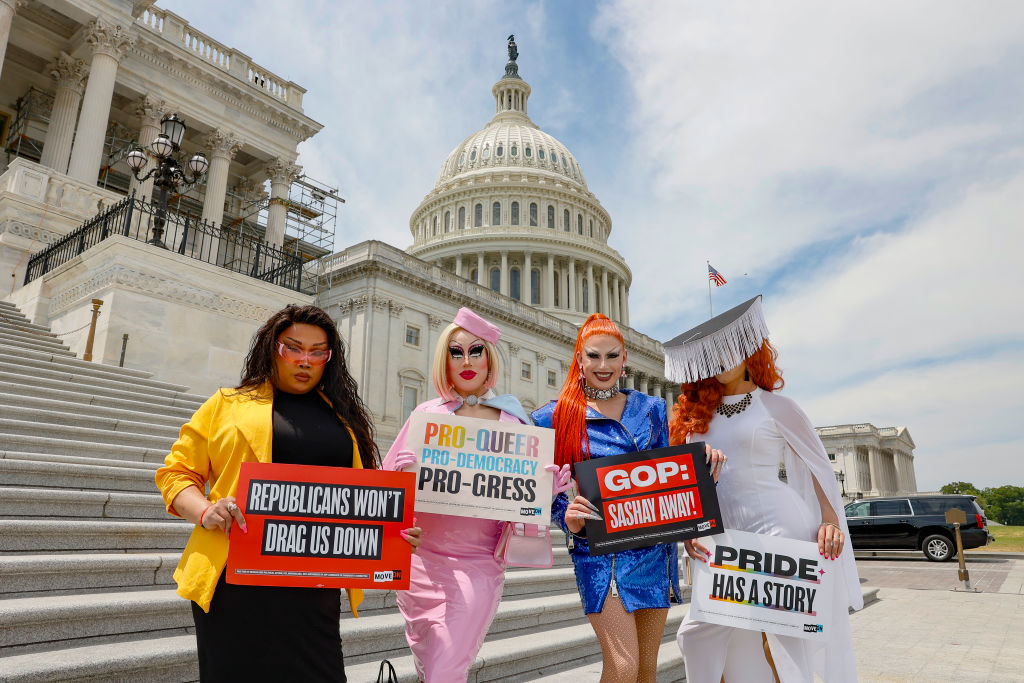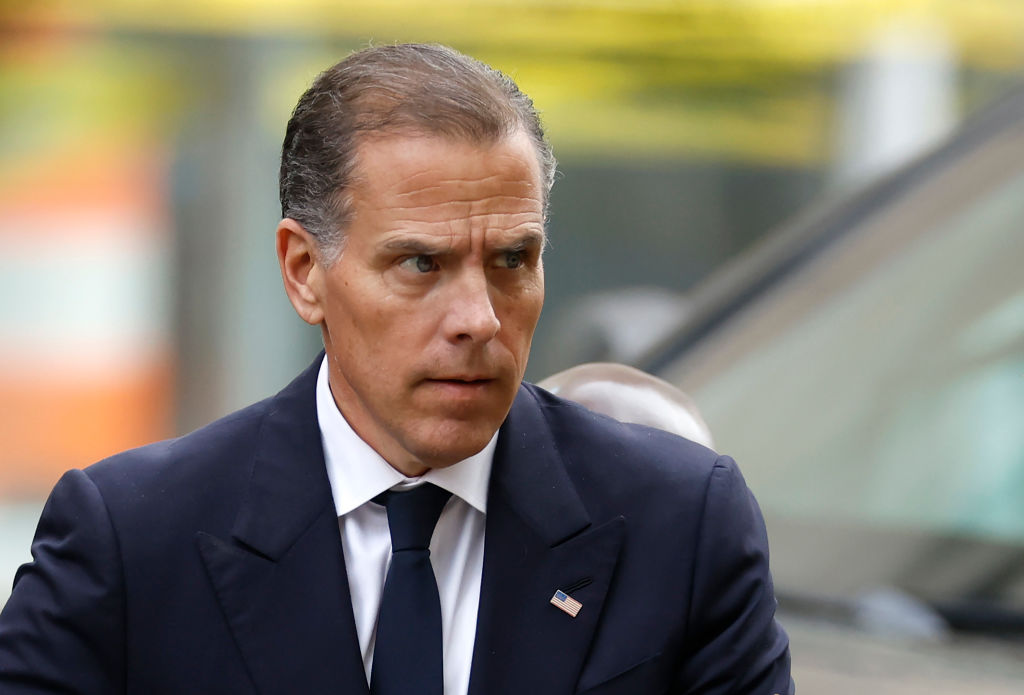There’s a well-done, nasty piece of filmmaking available on Hulu right now called Pistol, ostensibly a Sex Pistols biopic but so much more. The series is only partially about the Pistols themselves and more about the post-war Britain that formed them.
Pistol seems to suggest that all that anger and despair was going to have to come out somewhere, either repressed and hidden, crunched deep down inside, or allowed to lance out as “music,” more screaming than lyrical.
I wonder if America isn’t somewhere similar.
Post-war Britain was a terrible place to grow up. Role models were limited to the broken men who survived World War II (sharply portrayed in Pink Floyd’s The Wall) and the feminized male leftovers from the immediate post-war years, near-satirized if it wasn’t true by The Who throughout large portions of their work, including the step-dad in Tommy and, most pointedly, Quadrophenia. No wonder the most masculine role model of the era was a woman named Margaret Thatcher with her hen-pecked, besweatered hubby in tow.
Pistol on Hulu does the time period justice. It shows one Pistol as the victim of a sexually abusive stepfather (his “real” dad having run off) and a groupie, herself the forced plaything of a broken hospital orderly who drives her to insanity. Self-hate is expressed with torn clothing and garish hairstyles.
It is such a bleak world that when Johnny Rotten sings of no future and anarchy in the UK, you have no choice but to agree with him. Of course, the songs only have three chords. That’s about the limit you can finger out without lessons, and anything more would be making music not screaming for help. Screaming feels better.
Far from “rainbow-friendly” and coming as it does during Pride Month, Pistol is an odd thing. My own thoughts on Pride Month were shaped by a gay boss, now deceased. He joined the federal workforce in an era when being found out meant termination. Even as standards began to relax, he was forced to officially list his common-law spouse on visa paperwork as “domestic helper.” Most foreign countries had visa categories for toilet cleaners and cooks but not for someone you’d been in love with for ten years. On our regular security clearance updates, my boss was forced to pretend to be straight. While day-to-day standards had moved forward, the bureaucracy clung to its ways, and standing up as a gay man still meant losing the required security clearance.
I wondered why he put up with it all; the job just wasn’t worth it, it seemed. But my boss explained there was no other way. He did not grow up in a world where men would march with men and every business from Disney to Doritos had something special for Pride Month. His role models were either deeply closeted men, or actors like Liberace so self-parodying that society let them be at least a version of themselves. He was inside an angry man, my boss.
All this is why I approach Salvador Ramos with complex thoughts, not all of them harsh. His real dad had run off, and he was raised by a mother and grandmother, leaving him with those same unclear role models for masculinity in that tiny Texas town. It’s ironic most don’t know Ramos by name, as infamous as he is.
He was the Uvalde mass shooter. You know, mass shooter? ‘Bout a month ago? Ramos?
We don’t recognize his name because he never mattered; even now the details of his life are unimportant absent a near-generic statement that he was a “loner.” That is a dangerous mistake. It gives him what he wanted, being known only for shooting up that elementary school. He even bought himself the murder weapon as a present on his eighteenth birthday. To forget that is also a dangerous mistake.
When asking why we have so many male mass shooters (nobody can name even one female mass shooter in a nation that experiences hundreds of mass shootings per year), the issue of masculinity and role models rarely comes up. But as punk emerged as angry, angry music from the lack of post-war role models in Britain, and my boss’s anger was suppressed alongside his sexuality, I wonder about modern America. Are we creating these shooters through the anti-masculine society we have created? Does a lack of role models drive disgruntled boys to create their own twisted visions of hyper-masculinity?
Jillian Peterson, an associate professor of criminology, and James Densley, a professor of criminal justice, profile mass shooters. They find early childhood trauma seems to be a foundational element. Then they see the build toward hopelessness, despair, isolation, and self-loathing. The shooters start asking themselves, “Whose fault is this?” Is it a racial group or women or my classmates? The hate turns outward. For some, that takes the form of a shooting, often followed by suicide, the ultimate act of self-hatred. Peterson concisely explains the predominance of male mass shooters: they have male mass shooter role models.
There is little doubt our society devalues masculinity. Tabs are kept on the number of women elected and appointed, while white men are left out. The handful of masculine role models (usually wrapped in their race) are caricatures, hip-hop artists hung with babes and sports stars similarly bejeweled. For every unshaven Pitt, there is a soft-edged Clooney; for every Springsteen, there are a dozen Harry Styles. Where have you gone, Joe DiMaggio?
Society does not create mass shooters and punk bands so much as it creates the conditions of anxiety and defiance that can create mass shooters and punk bands. That’s why in our anti-masculine society we thank God only one shooter pops up among tens or hundreds of thousands of boys who seek role models and find only another boy clad in black tactical gear.
It seems the “solution” for our epidemic of mass shootings has to lie beyond the weapons. If Salvador Ramos had had only a handgun, would we call it a victory if he’d killed only six people instead of 21? What you can do with a knife versus what you can do with a semi-automatic weapon is clear. But is our best solution just to challenge future mass shooters to be more creative in their use of weapons?



